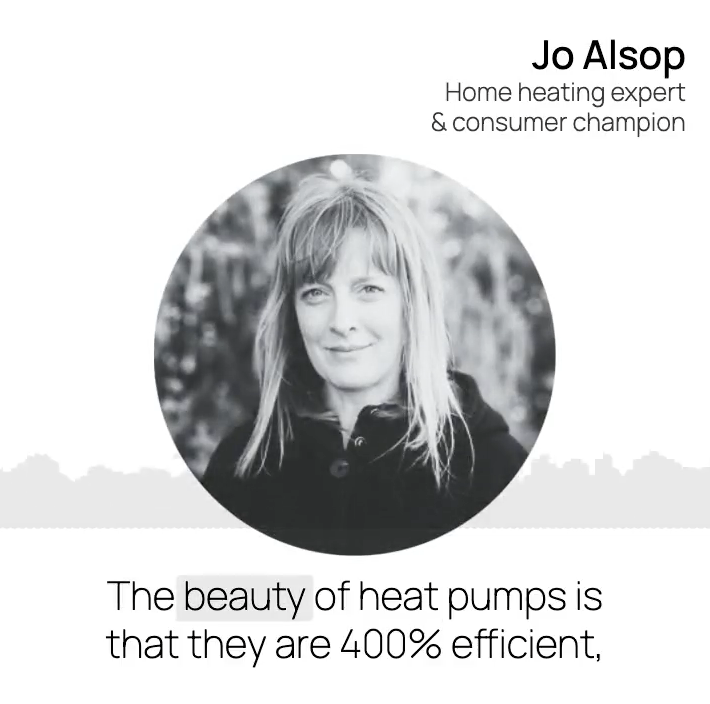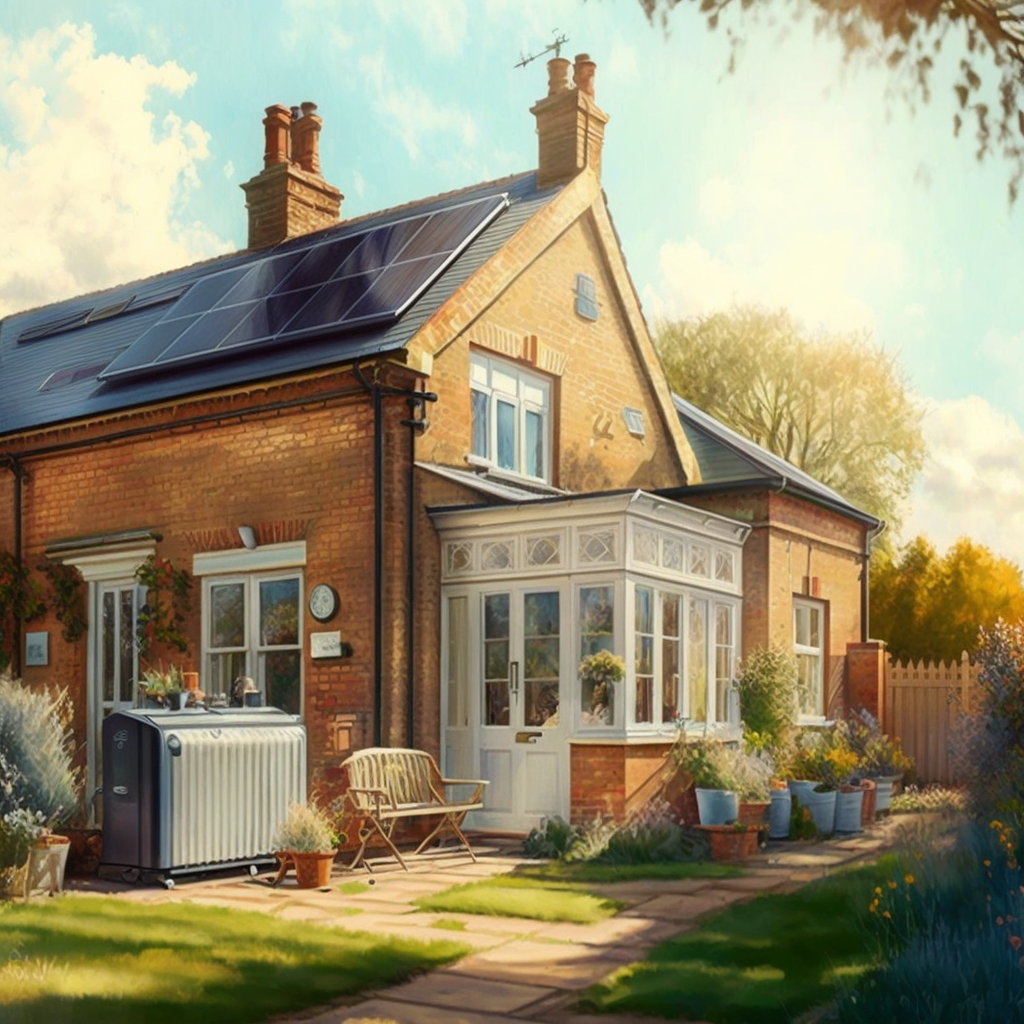Warmur's Founder on BBC R4

Warmur Co-Founder Jo Alsop on BBC Radio4
On Thursday this week Warmur Co-Founder Jo Alsop was invited to speak to Evan Davies on BBC Radio 4's flagship news commentary programme, PM, providing insight on the barriers that exist to accelerating the roll out of heat pumps for home heating. You can listen to the full piece here, beginning with a voxpop with Nottingham residents,
The National Audit Office released a report that made several recommendations to increasing the demand for heat pumps.
The interview first covered the high upfront cost of heat pumps. In response to a suggestion that a heat pump costs £10,000, Jo set out that the average cost of a heat pump as £5,000 after the grant, compared to a gas boiler at £2.5-£3.5k. She made that case that while not everyone can afford that today, many people can and are motivated to do so.
Evan asked about the heat pump market and was it ready to ramp up demand. Jo responded that it is still a fledgling market and supply was constrained by installers who still believe hydrogen is going to be an option for households when it has no role to play in the foreseeable future.
Finally Evan raised high electricity prices as a barrier to take up and the taxes on electricity that are not on gas. Jo agreed that gas and electricity prices need to be rebalanced and this is a key recommendation made by the NAO. Heat pumps cut demand by a quarter to that of a gas boiler, but electricity prices are four times higher, so all the benefit is lost.
Read Evan and Jo's interview transcript below:
Evan Davies (BBC): The National Audit Office says for the government to meet its targets, we need an 11 fold increase in heat pump installations in the next four years.
600,000 a year by 2028. That's the, target. Joe Allsop is the co-founder of warmer, which help, which is a service to help households decarbonize their homes. Joe, Thanks for joining us.
Let's look at one or two of the obstacles to adoption of heat pump technology. Firstly, the price of heat pumps. We heard Bob talking about £10,000 there, it is it is a lot.
Jo Alsop (Warmur): Well, the average price is about, £13,500, but with the grant of £7,500 available, that reduces to £5,000. So, yes, it is still more than the gas boiler, which is typically £2,500 to £3,000. But the government do expect that price to come down, which doesn't help everybody today, but there are some households that can afford that. And as you heard in in your vox-pop, there were lots of different motivations there, and probably people that are prepared to, undertake installations now, but other people will come to that much, much later.
And I think we have to be sensitive to who's ready now?
Evan: For the price to come down, you need more developed supply chain of these things, don't you. And you need more installers and you need more competition. Is that happening? Do we do we have a heat pump industry that is ready to install at the kind of level of 600,000 a year we up from about closer to 60,000 now
Jo: I'd say it's still in its fledgling stages. There's certainly activity. So installers are, taking the training, we're relying on gas installers to migrate over, but actually, they get mixed messaging the same as consumers do around hydrogen boilers and and the possibility of of business as usual for them, that is just too enticing, perhaps to to make the switch.
So I think clearer signals, for consumers and installers actually around which technologies are going to, see us through to a low carbon future, which is 100% heat pumps, government have been pretty clear about that.
And actually, one of the recommendations in the report is to bring forward, the decision date for hydrogen to sort of bring that forward from 2026 to improve certainty and with
Evan: They dabbling with the idea that maybe we would use hydrogen green hydrogen to to heat homes using the gas network. I got the feeling reading the NAO that they just think this isn't going to happen, and you just have to tell people as soon as you can that heat pumps is it, because otherwise they won't know whether to to install one or not.
We have this other thing though, don't we? Which is the price of electricity, which pays a tax really, for the use of gas, whereas gas for heating doesn't have to pay that tax. So it it is stacked against electric heating.
Jo: Well, it really is so I mean, the beauty of heat pumps is that they are 400% efficient. So they are reducing how much energy you need to buy to heat your home compared to a gas boiler that's only 80% efficient. But as you say, electricity is 27p per kilowatt hour, gas is is 7p per kilowatt hour, so it just reverses straight back out again and you end up paying the same. The government has talked about, rebalancing that and finding ways to do that to make heat pumps more attractive and I don't know that they've made much of a start on that. So yes, one of the National Audit Office's recommendations is to is to accelerate the works and on how we rebalance the cost of energy

